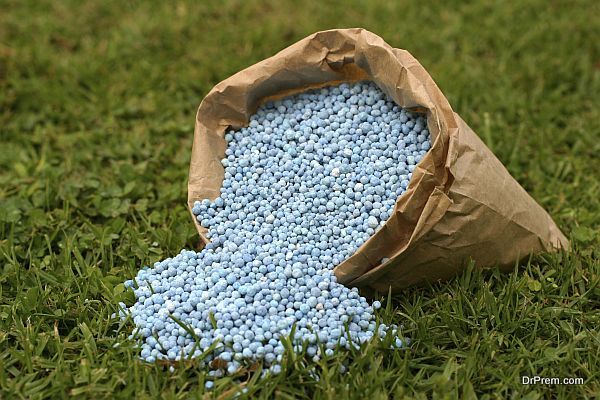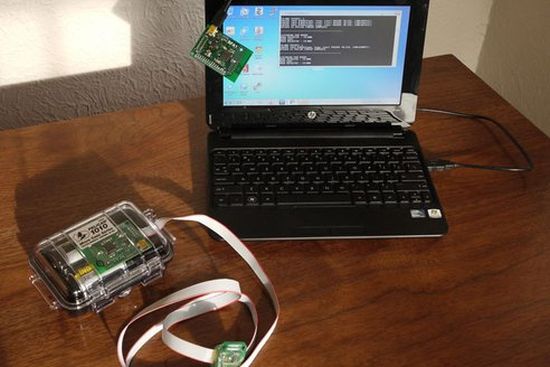The term sustainable has become very popular in today’s world and there are numerous things for which this term is used now. This article intends to describe sustainable agriculture, its need, the benefits, and several issues related to it.

Agriculture is the backbone of human existence on earth and today there are two types of agriculture- the industrialized agriculture and the sustainable agriculture. The first kind, industrialized agriculture is the one whose productivity depends upon pesticides and chemical fertilizers, and is quite dependent on chemicals for results.
Initially, the food production was all-natural until the population started to explode. In order to satisfy the ever growing need, various chemical fertilizers were developed that enable to enhance the production of food crops. There is no denying the fact that chemical fertilizers help increase food production but there is another factor that also cannot be denied that chemical fertilizers are poisonous and are dangerous for humans, and for the environment as well. A better and a viable solution any day is sustainable farming.
It is a way to grow livestock and long-term crops that have minimal effects on the environment. It enhances food production while preserving the ecological system. Sustainable agriculture has several goals, which include reducing the use of pesticides and fertilizers, water conservation, and promoting bio diversity in crops. Sustainable farming makes use of techniques like drip irrigation that wastes less water, crop rotation to minimize pesticide usage, and crop mixing to reduce the risk of diseases and insect or animal infestation, which destroys the entire crop.
Benefits of sustainable agriculture

Sustainable agriculture has environmental benefits and human health benefits. Sustainable agriculture provides naturally grown food crops to people. They are organic crops with no artificial enhancements, and are healthy. Unlike food crops grown with the help of chemical fertilizers, the crops grown using sustainable agriculture are not synthetic and are more nutritious. On the other hand, this type of agriculture is good for the environment. It is estimated that sustainable agriculture uses 30 percent less energy per unit of crop yield. The less use of energy means less usage of fossil fuels and lesser release of chemicals and other pollutants in the environment.
Issues related to sustainable agriculture

Although sustainable agriculture is any day a better option than industrialized agriculture but one thing that concerns several nations is the less productivity of sustainable agriculture. Many nations fear that if they start to depend solely upon sustainable farming then there is a big possibility that this farming would not be able to fulfill high demand of food crops.
Issues like these are what Big Ag farmers are trying to work through to ensure profitability while meeting the demand for more sustainable food sources.
Summary
Sustainable agriculture aims to remove the excess use of chemical fertilizers and pesticides that have come to define agriculture. The idea is to use resources sustainably and in ways that do not adversely affect the local ecology.




